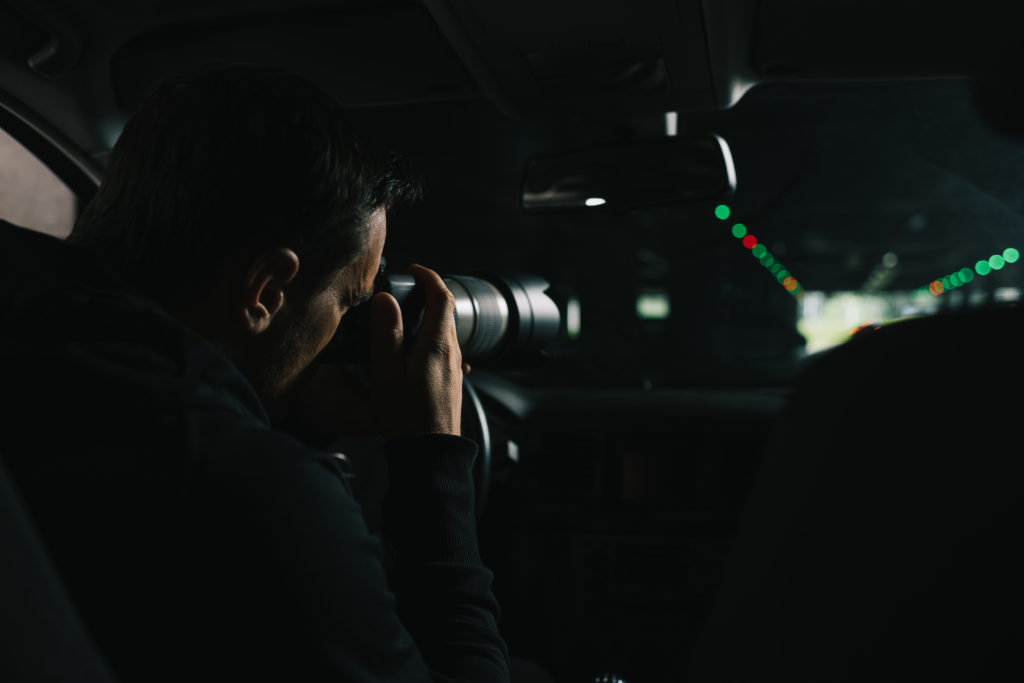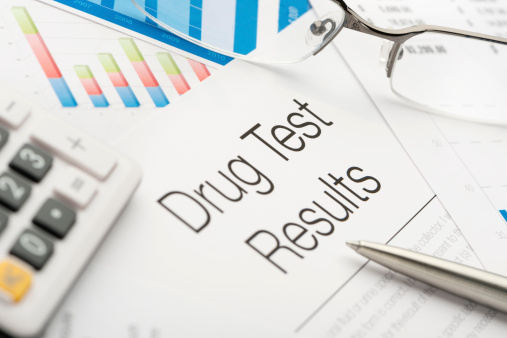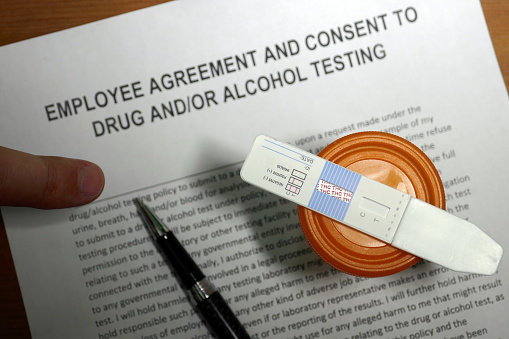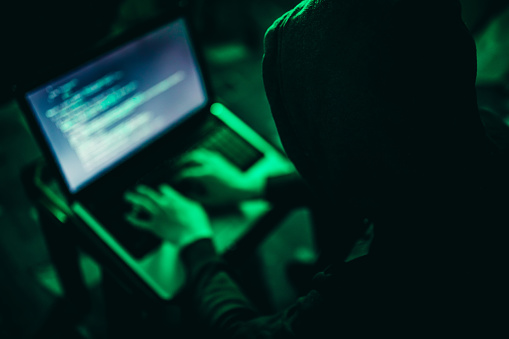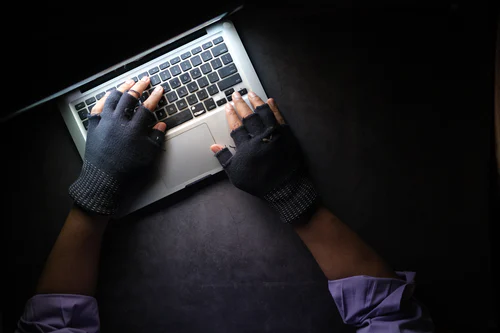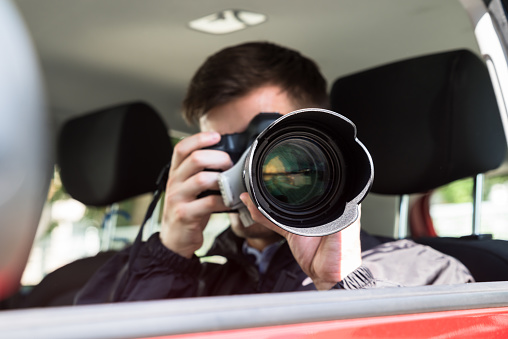Whether you are a private investigator or a PI client, you may want to know how PIs conduct surveillance. There are a wide range of cases that may require surveillance from missing persons to infidelity. We all have seen a TV series or movie that wrongfully depicts how PIs do surveillance. Keep reading to find out some real-world surveillance techniques that private investigators use.
What Is Surveillance?
Surveillance is when a person, place, or object is closely and carefully observed. The goal of surveillance is to gather information that will either confirm or deny a claim. Private investigators commonly use this effective approach to gather valuable information that can be used as evidence to solve a wide range of investigations in court.
Is Conducting Surveillance Ethical?
Due to detective TV series and movies, many people believe surveillance is not ethical. Unfortunately, these shows and movies make it seem that PIs are rule-breakers by hacking into people’s online accounts, bugging their phones, or spying on someone in their private home. This couldn’t be farther from the truth. Indeed, licensed private investigators conduct surveillance and their work in an ethical manner.
Types of Surveillance
There are a variety of surveillance types that private investigators use. Each case may require one or more types of surveillance to gather enough necessary information. Surveillance can be performed in the physical and digital world. Active surveillance refers to when a PI is physically monitoring a person or place (i.e. while the suspect is running errands). Passive surveillance is when a PI is passively monitoring a person or place (i.e. looking at reports, documents, or video footage).
- Digital Surveillance – this is where a PI monitors a person or group’s online activity, such as public social media accounts, interactions on online forums, and any other public online activity.
- Interview Surveillance – when a PI interviews a person, this can be classified as surveillance too. This includes interviewing anyone related to a specific case, such as co-workers, family, friends, suspects, and witnesses.
- Physical Surveillance – when you think of surveillance, physical surveillance is what probably comes to mind. This includes staking out a discreet location, following a suspect on foot or by vehicle, and tracking and recording a suspect’s public activities.
- Technical Surveillance – this refers to all active and passive surveillance that involves using technical tools, such as audio, video, and other techniques used to capture and record information.
PI Surveillance Techniques
PIs use several techniques to effectively conduct surveillance on the job. This is not an easy task, as it requires adaptability, patience, planning, and skills. Let’s take a look at the top techniques that your local PI may use.
1. Start with Digital Surveillance
As more people share their personal lives online, this publicly-accessible information can be viewed by anyone. PIs can research a suspect before conducting physical surveillance. They will likely look at a person’s social media profiles and public online databases to gather some useful background information. It’s common for people to frequently post their daily lives on social media, such as their favorite coffee shop, dog park, where they go shopping, and get their haircuts. Indeed, PIs can use this key information to plan out their surveillance.
2. Take Advantage of Passive Surveillance
While Hollywood makes it look like an investigator’s work is jam packed with action, the reality is that PIs spend a great deal of time researching a case at the office. Passive surveillance may involve analyzing specific documents related to a case. This may include safety reports or time card sheets.
3. Blend In
Did you know that private investigators are not allowed to trespass on private property, break into anything, or illegally gain access to a property, device, or storage area without receiving permission? Detective shows and movies may show PIs breaking these rules, but this is illegal and can lead to serious legal issues. Indeed, PIs must use their expertise, skills, and resources to blend in with their surroundings while still following all laws.
4. Maintain the Right Distance
When conducting surveillance from a vehicle, PIs must maintain the proper distance between their vehicle and the suspect’s vehicle. If the PI follows too closely, this may give away their tracking and make it difficult to quickly change course as needed. However, PIs should avoid staying too far behind because they will likely lose sight of their suspect. The key is to maintain a good distance from the suspect and maintain a keen sense of awareness for each situation.
5. Avoid Eye Contact with Suspects
While on the job, it’s important for PIs to avoid making direct eye contact with a suspect. If they make eye contact, this can blow their cover. Private investigators must learn this necessary skill to perform expert surveillance. This involves not facing a suspect and being discreet about watching them with their eyes and body language.
6. Maintain Adaptability
During physical surveillance, it is crucial to maintain adaptability. A skilled PI will be able to anticipate and plan out responses to various types of situations. By doing this, PIs can perform effective surveillance and avoid blowing their cover or losing a suspect due to a lack of planning. Common scenarios may include what to do when a suspect goes to an unexpected place or someone approaches the PI to ask what they are doing.
7. Have a Realistic Explanation for What You’re Doing
For some surveillance cases, a PI must remain anonymous. For these cases, it’s vital that the PI comes up with a realistic explanation or story if they are asked what they are doing. An investigator could even have props in their vehicle to make the story believable. For example, if they are waiting to pick up their dog from the vet, they should have a dog leash in their car. Or if they are going grocery shopping, make sure they have a list and shopping bag.
8. Stay Professional
Like any case, PIs must maintain professionalism at all times while conducting surveillance. It’s important that PIs do not give anyone any reason of doing something questionable. This could include loitering near a school or playground, littering, and so on. Indeed, it is crucial that the PI maintains focus and is always aware of their surroundings. By staying professional, you can avoid awkward situations that could blow your case.
9. Take Notes
During a surveillance investigation, it’s crucial that the PI take notes of what they see and hear. Those little observations may not seem like much, but they can help paint a better picture of a situation. This could be something as little as a backyard fence being left open or window blinds being left open.
As you can see, there are several techniques that licensed private investigators use when performing surveillance. PIs must be professional, adaptive, and flexible while they are following a suspect. This will increase the likelihood of success for conducting surveillance and solving a case for a client. Contact the expert team at PATRIOT Backgrounds and Investigations in Davie, FL today to learn how we can help you. We offer everything from private investigation and background screenings to surveillance and fingerprints.
